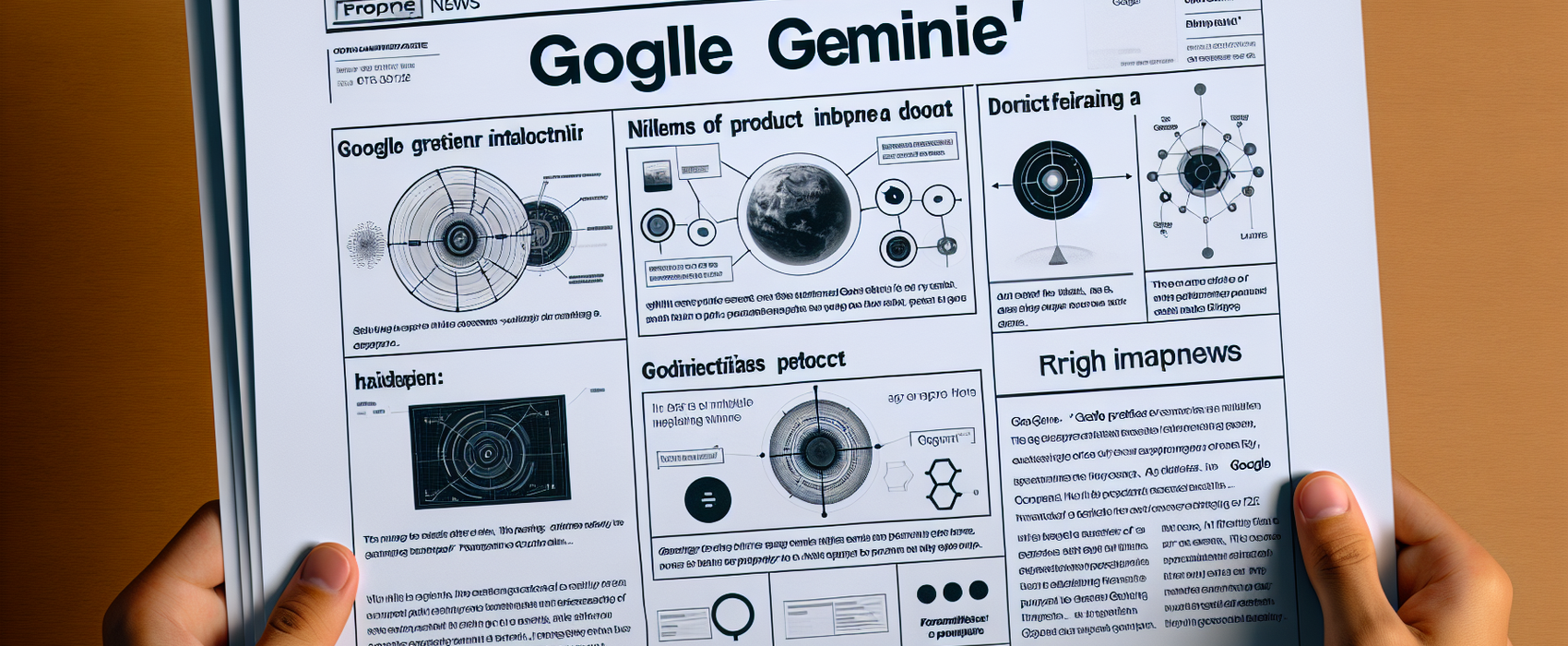Google Photos Enhances AI Transparency with New Update
In a significant update aimed at enhancing transparency regarding AI-generated content, Google Photos has introduced an "AI Info" section in image details. This feature enables users to identify images created or altered using AI tools, including Google's Gemini app. As reported today, this new capability will help combat misinformation and increase awareness about the authenticity of images shared online.
"We are committed to providing our users with the most accurate information regarding the media they consume, and this update is a step forward in that direction," a Google spokesperson stated.
The "AI Info" feature will display specific details about how an image was created, such as "Credit: Made with Google AI" and "Digital source type: Created using Generative AI." This information is derived from IPTC metadata, which is automatically embedded when images are edited or created using Google’s tools. Google aims to bolster trust in digital media by allowing users to see if an image has been manipulated or generated, particularly in an era fraught with concerns about deepfakes and misinformation.
However, while this initiative promotes transparency, experts caution that it may not entirely solve the issue of AI misuse. Some critiques highlight that users could still easily manipulate metadata, thereby deceiving those who rely on it.
Gemini-Powered Automation Features in Chrome
In related news about Google's ambitious AI initiatives, there's growing speculation around a project internally referred to as "Project Jarvis." This new tool is reportedly being developed within Google Chrome to automate tasks such as online research, purchasing, and travel bookings. Leveraging the power of Google's Gemini 2.0 AI model, Jarvis aspires to function as an intelligent digital assistant, providing users with a more streamlined browsing experience.
According to sources, Project Jarvis will capture screenshots of user activities and utilize this data to automate website interactions—albeit with some current limitations in speed and efficiency. A preview of this innovative system could be showcased as soon as December, suggesting that Google is strategically positioning itself at the forefront of browser automation.
Rumors Surround Google’s XR Technologies
Meanwhile, speculation continues regarding Google's future in the extended reality (XR) space. Current discussions suggest that Google is not pursuing consumer XR hardware directly but may be looking to collaborate with industry giants like Samsung. According to insiders, Google could develop an Android operating system tailored for XR applications, while Samsung would manage the physical hardware.
However, there are hopes that Google may still unveil display-less smart glasses equipped with cameras for use alongside Gemini’s functionalities. Such devices could pave the way for innovative applications that combine both visual recognition and interactive AI capabilities, enhancing everyday user experiences.
"The potential for integrating Gemini in wearables is immense, creating tools that could redefine how we interact with digital information throughout the day," an industry analyst commented.
OnePlus and Gemini: AI for Everyone
Further enriching the AI landscape, OnePlus has announced that its forthcoming OxygenOS 15 will incorporate Google’s Gemini AI, showcasing features like Intelligent Search and AI-driven image enhancement tools. This integration highlights the significance of AI in enhancing user experiences across various platforms. Users can expect smooth interactions and automated features that will simplify everyday tasks, powered by the advanced capabilities of Google’s Gemini.
"With OxygenOS 15, we are excited to bring the power of AI to our users in unexpected and practical ways," a OnePlus executive said.
Conclusion
As of October 27, 2024, Google remains at the forefront of AI advancements, particularly with its Gemini framework being integrated into various applications like Google Photos, Chrome, and partner devices. From enhancing transparency in digital media to pioneering automation tricks and collaborating on XR technologies, the implications of these innovations are vast.
As we move further into this AI-driven future, the ability to discern reality from AI-generated content becomes ever more crucial, bringing with it both opportunities and challenges in ensuring that technology serves to strengthen, rather than undermine, user trust and engagement.

